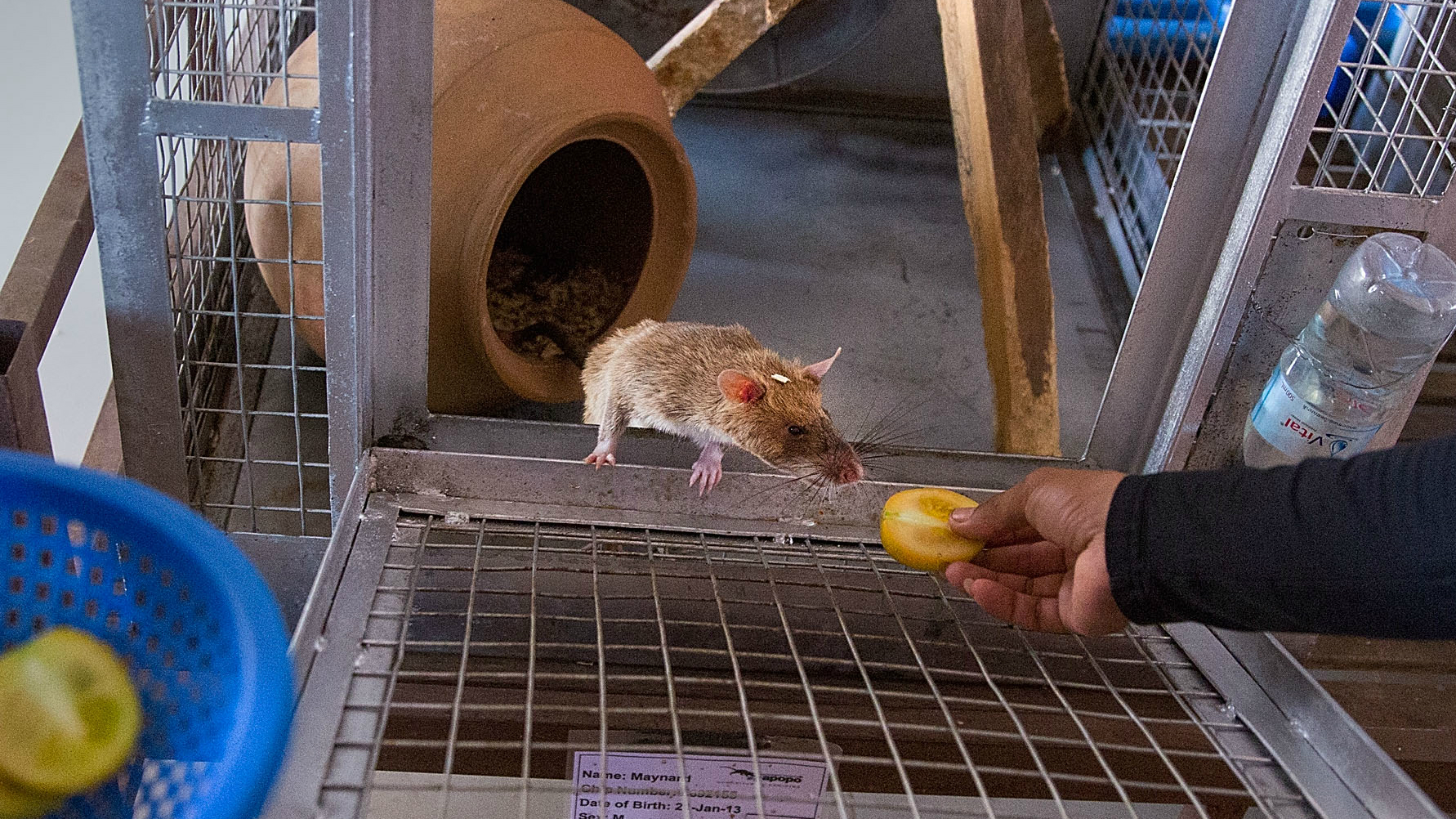Robert Montenegro
Ideafeed Editor
Robert Montenegro is a writer and dramaturg who regularly contributes to Big Think and Crooked Scoreboard. He lives in Washington DC and is a graduate of Loyola Marymount University in Los Angeles.
Twitter: @Monteneggroll. Website: robertmontenegro.com.
As far as health risks go, sleep disorders tend to fly beneath the radar. Researchers are trying to change that.
Open borders would lead to a massive wave of immigration and probably the collapse of American constitutional democracy… though one economist says that’s not a bad thing.
In a study that challenges conventional wisdom, two researchers determine that deftly playing office politics has a tendency to backfire.
America has a big problem mistaking courage for cowardice and it stems from a fundamental misunderstanding of bullies, according to The Baffler’s David Graeber.
With self-driving cars as well as other new tech, Apple and Google maintain starkly different corporate values with regard to transparency.
One of the planet’s most well-known car cities is gearing for a transportation reboot.
Researchers at MIT want to build a compact fusion reactor that could potentially produce near inexhaustible energy by the end of the decade.
While the world’s most popular cryptocurrency has allowed for an innovative new approach to online transactions, it’s also emboldened criminals to develop creative new ways to skirt the law.
On this week’s episode of Brand Deathmatch: Vanity Fair vs. Tinder.
President Barack Obama, charismatic as he is, has stumbled in the past when taking to new media to engage American citizens. He’s much better at writing letters than answering questions on Reddit.
Getting married by a priest or at a courthouse can feel underwhelming. Experimental philosopher Jonathon Keats wants to revolutionize the wedding by ditching the boring old officiants and replacing them with quantum physics.
It’s not breaking news that the universe is slowly dying. It is significant that scientists have been able to finally measure the degree to which it’s dying. Let’s just say you should push up any appointments you might have 100 billion years from now.
Department of Corrections is a misnomer. At the present, DOCs across the country shun from the responsibility to make convicts better people.
Nashville-based Ride for Reading began as an elementary school teacher’s endeavor to put books in the hands of low-income children.
You’d think divorce lawyers would be making a killing over something like this. Apparently not.
Professionals who value what they’re worth don’t do favors for business associates. You want a favor? Go to a party.
Recent trends in the tech sector suggest the liberal arts degree is making a major comeback.
The rats, which are trained to sniff out TNT, are among the most efficient tools available to Cambodians trying to rid their country of over 4 million landmines left over from the Khmer Rouge.
The court of public opinion has never been stronger than in our current social media age. But does the brand of justice it dishes out improve upon or subvert the rule of law?
The Americans with Disabilities Act took effect exactly 25 years ago today. What is its legacy?
When Microsoft’s Windows 10 is released next week in seven countries, each market will receive a specialized version of Cortana, the system’s digital personal assistant (and Microsoft’s answer to Siri). Microsoft has put yeoman’s work into making sure each country’s iteration of Cortana is sensitive to local cultural nuances.
A new social media service designed by a Mumbai teenager promises to allow users to “hear the world speak.”
The first injury accident involving a Google self-driving car was — surprise, surprise — the fault of an oblivious driver in the other vehicle. Self-driving technology offers a potential future where these sorts of incidents hardly ever occur.
Infants whose mothers used drugs during pregnancy are often born already addicted to those substances. After birth, an analysis of the detached umbilical cord can determine what severe physiological withdrawal symptoms can be expected.
Not everyone has the opportunity to ride a bike to work or school, but those who do would improve their health and save quite a bit of money.
How do you win a cyberwar against an Internet-savvy enemy like ISIS? One prominent researcher has suggested a troll-based battle strategy. That’s right: internet trolls. Could World War III be fought with memes?
A tour de force article by The New Yorker’s Kathryn Schulz details a catastrophic earthquake and tsunami that could leave a region home to millions of people in absolute ruins.
More than a million Americans per year elect to go abroad for expensive medical procedures, building a vacation that, in total, costs less than being treated at home.
The only thing more disturbing than an unfamiliar Atticus Finch is the dubious story behind the decision to publish Harper Lee’s “found” work.
Your Facebook feed is a virtual echo chamber. It serves the same purpose as Fox News or MSNBC.





























